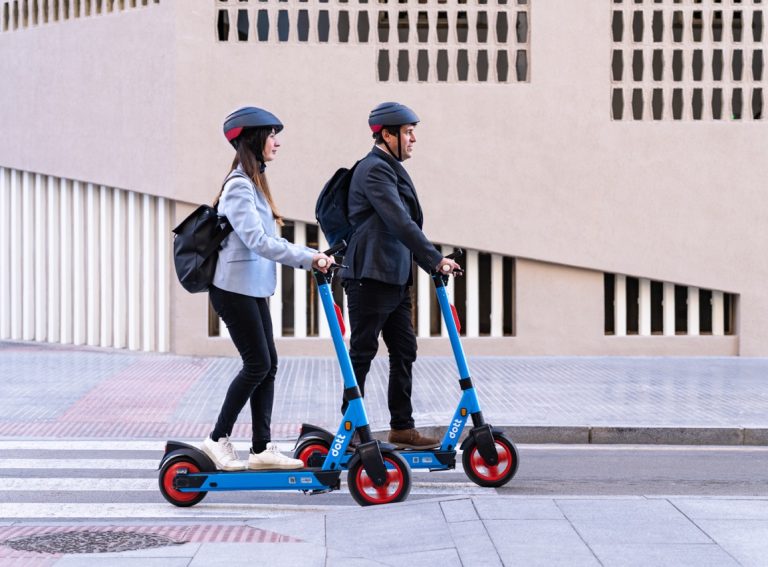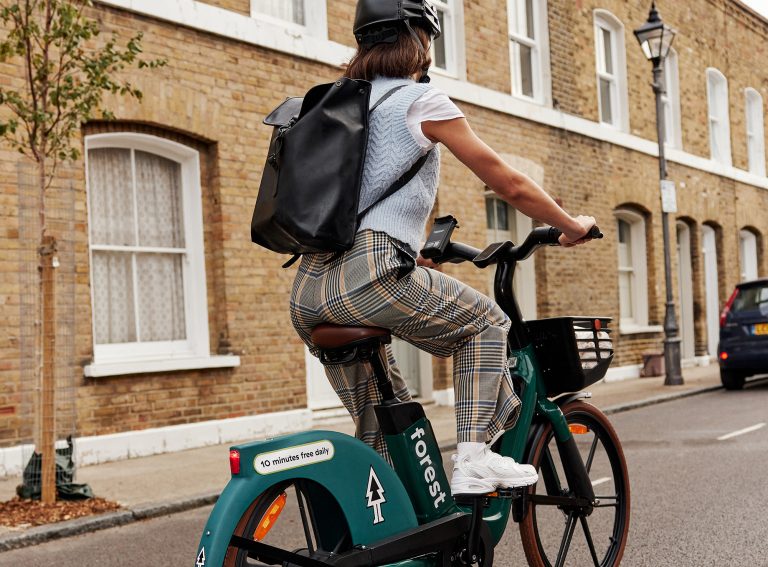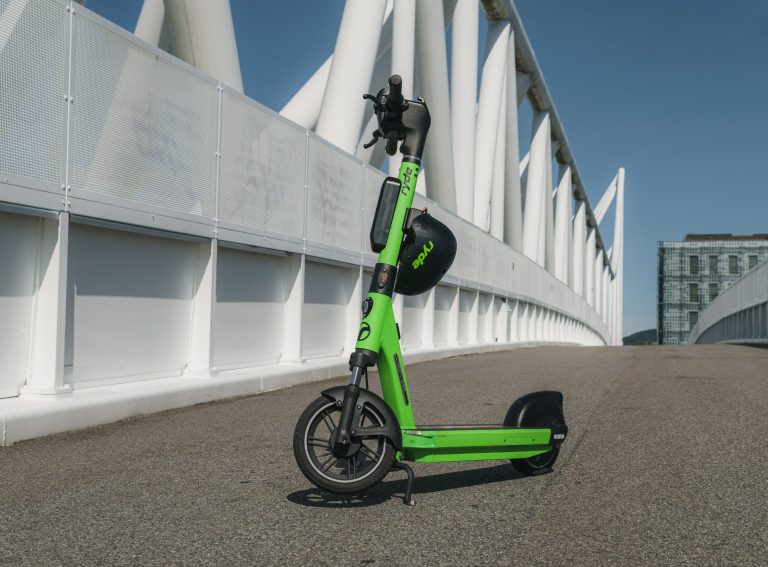Transport Secretary Mark Harper and legislators are being called to urgently act on regulating e-scooters by shared transport charity Collaborative Mobility UK (CoMoUK) in its first report on the national trials.
Titled ‘CoMoUK report on the shared e-scooter trials in England’, the study was published alongside an open letter to the Transport Secretary calling for the UK Government to take action on legislation.
The report found that more than two million people have taken over 34 million trips in 31 locations across England since the beginning of the scheme in 2020.
“It is disheartening to note that the UK remains the sole developed nation without permanent legality for e-scooters,” CoMoUK Chief Executive Richard Dilks told Zag Daily.
“The government’s promise to legalise and regulate e-scooters must be urgently fulfilled to ensure their widespread adoption across the UK. Failing to do so would mean missing out on a golden opportunity. We cannot afford to be left behind as the rest of the world embraces this new mode of transport. The time to act is now.”
Data provided to CoMoUK by operators showed a strong safety record – 330 serious injuries involving shared e-scooters were reported between July 2021 and June 2022, approximately one serious industry per 500,000 trips, while 82% of collisions involved private e-scooters.
Private e-scooters
CoMoUK found that most anti-social conduct involving e-scooters relates to privately-owned ones, meaning perceptions are “undoubtedly clouded by the conduct of riders of privately owned e-scooters, which, unlike share e-scooters in the trial schemes, are totally unregulated”.
Trial schemes are the only legal way to ride an e-scooter on public roads in the UK. The charity said that they have become an “established part of the transport mix”, with a high potential to replace less sustainable modes of transport like private cars.
“We know from our research in other forms of shared transport that people use a range of options alongside shared transport modes and this is how we need to see e-scooters, another item on the sustainable transport menu,” said Dilks.
Urgent action
CoMoUK has set out seven recommendations for urgent action by the government.
These include new legislation to create a vehicle class for e-scooters with defined vehicle standards such as speed limits; better communication from public authorities to emphasise that private e-scooters are not allowed on public roads; and more dedicated parking infrastructure.
The report also recommends ending driving license requirements, and basing e-scooter insurance on Rider’s General Liability insurance, as commonly used in other e-scooter and e-bike schemes, as well as prioritising quality and outcomes over price in procurement.
The planned legalisation of private e-scooters in the UK was postponed by the government last December.




